|
New
Releases |
January 16, 2026
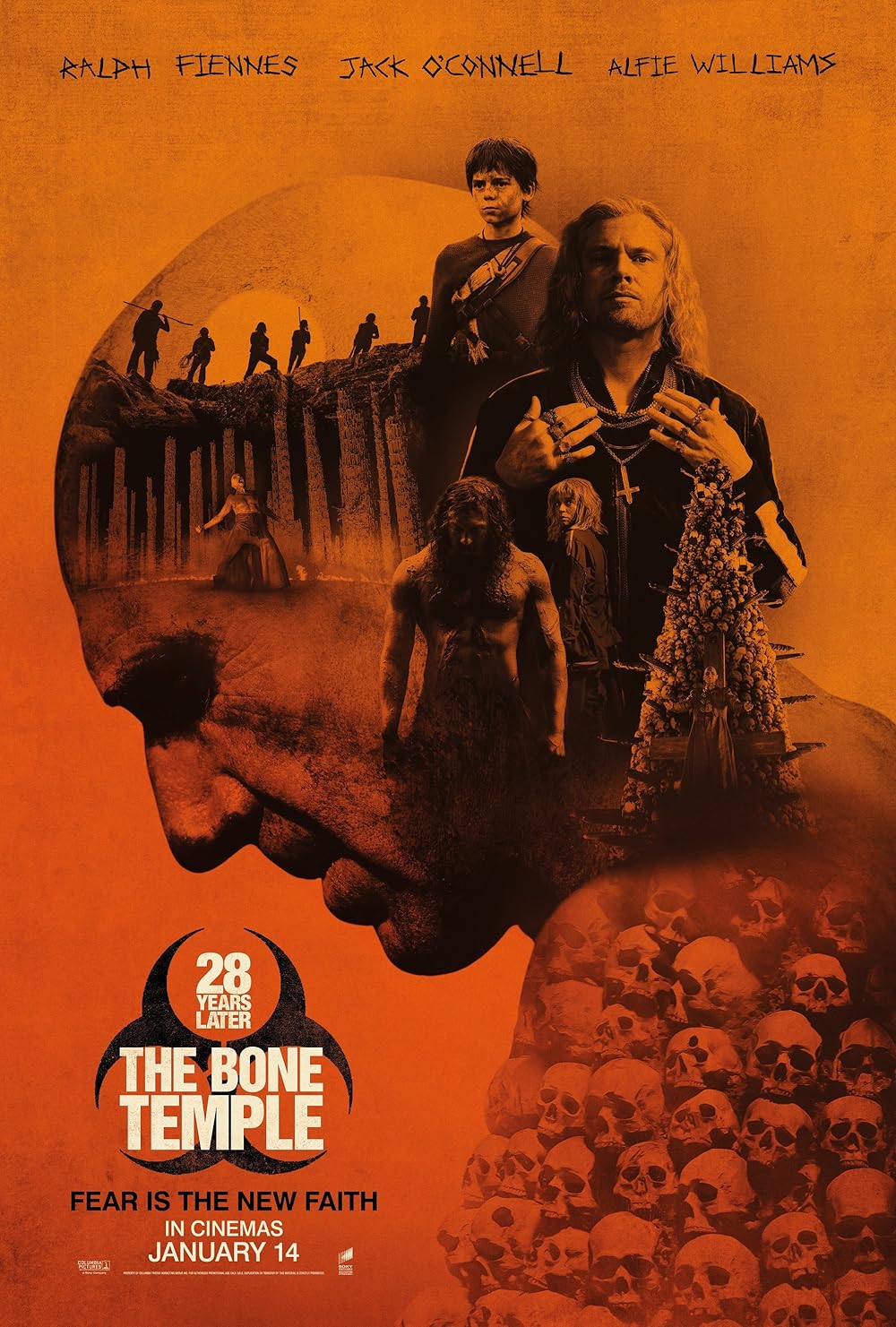
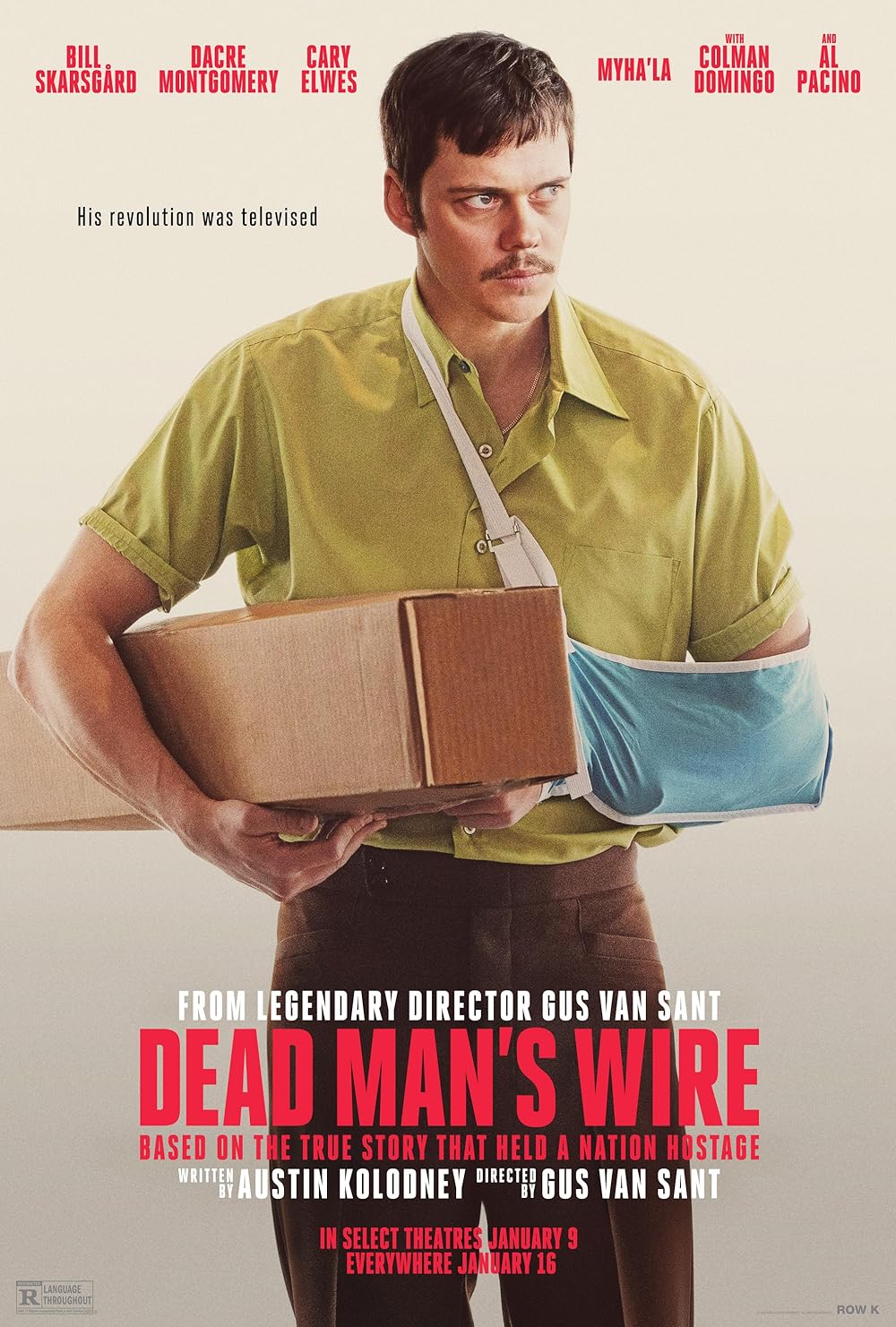

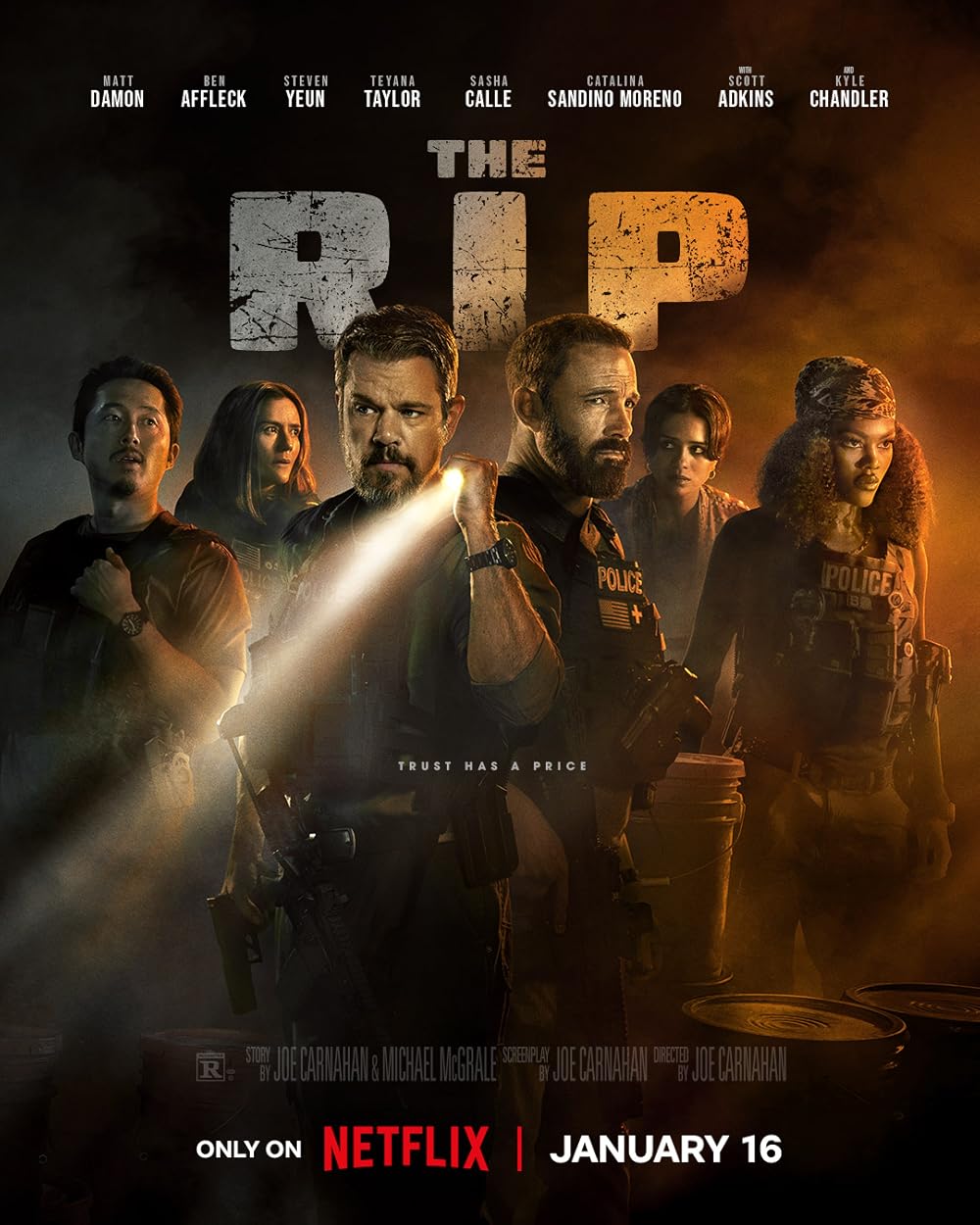 |
January 9, 2026
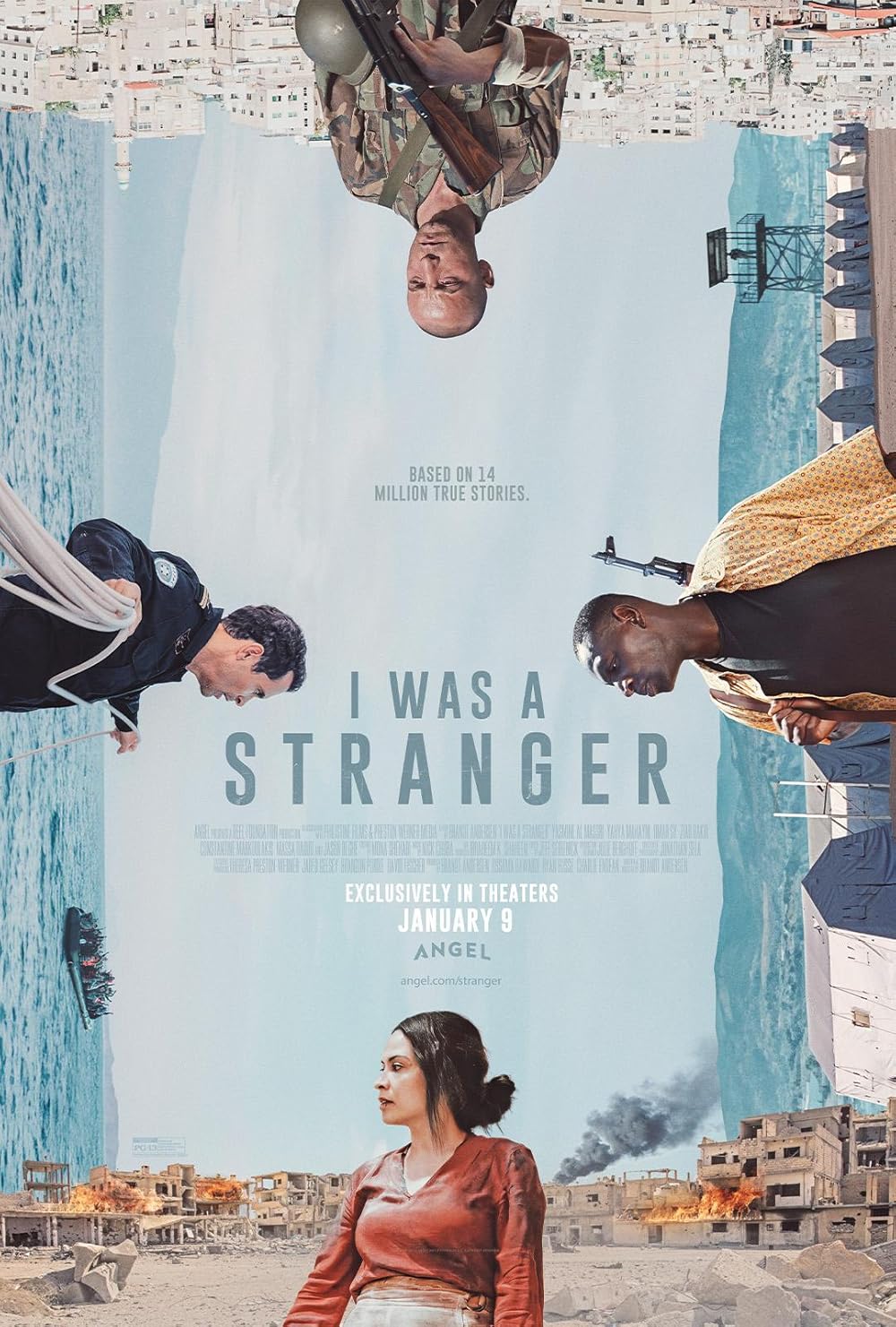
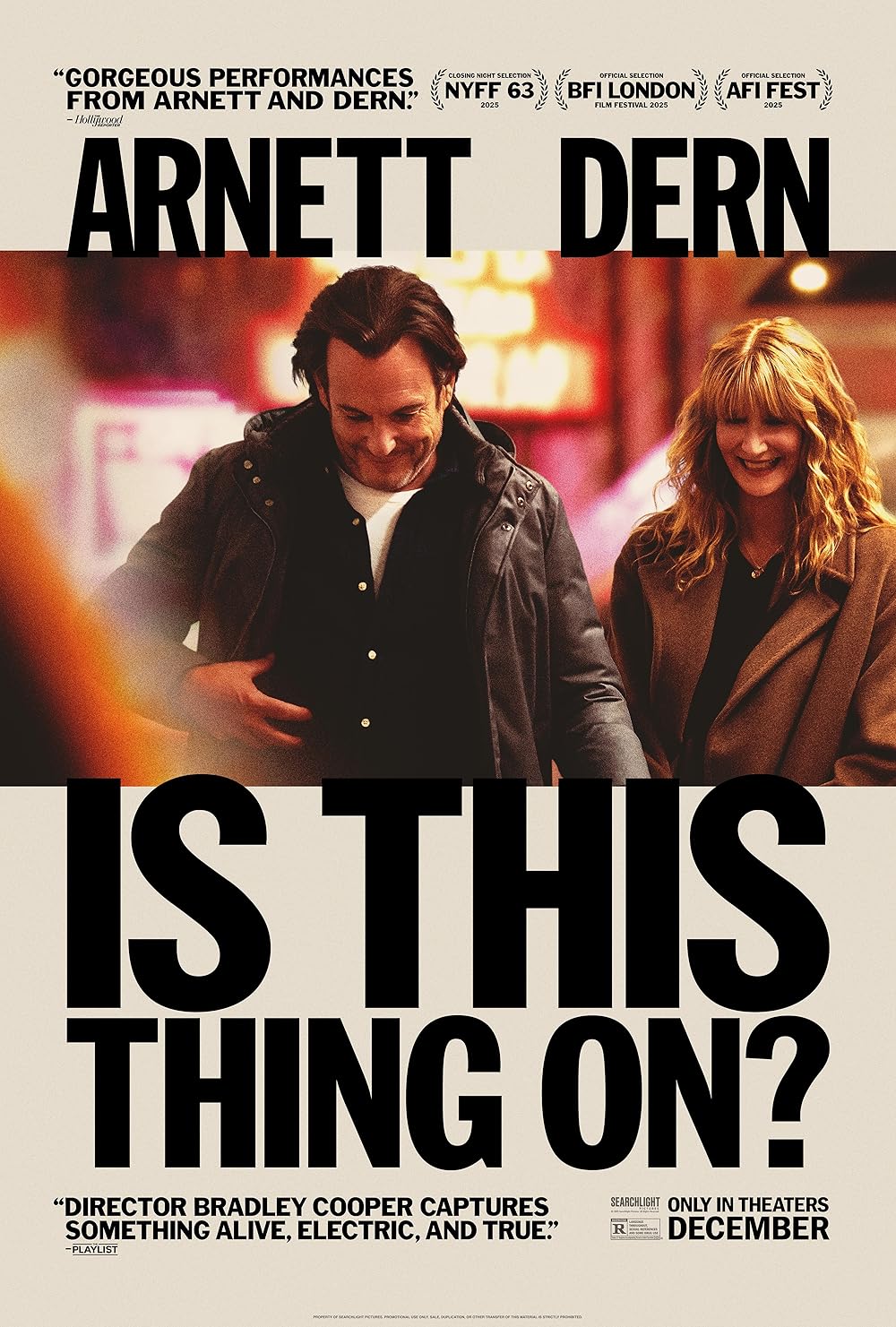 |
January 2, 2026

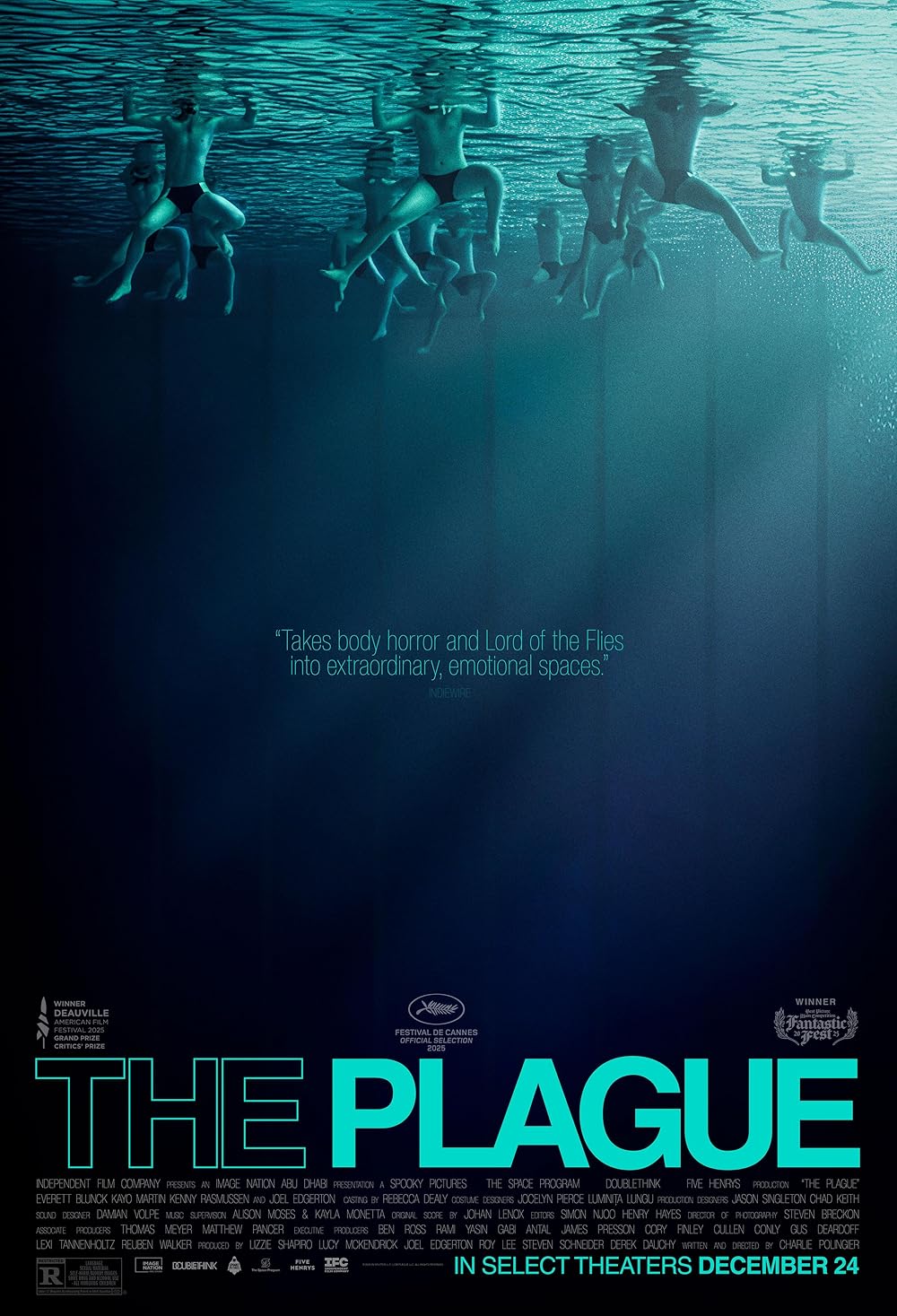
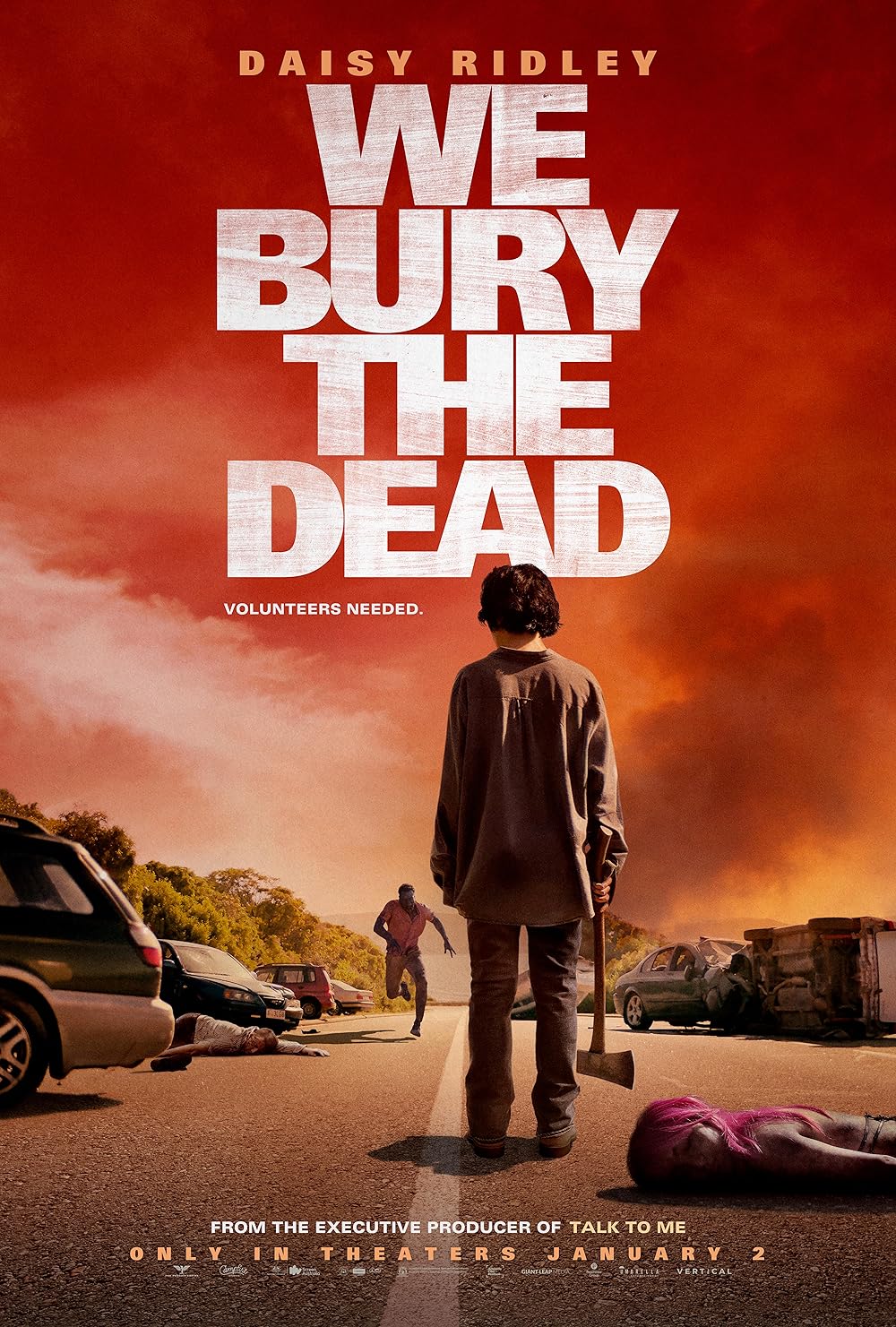 |
December 26, 2025

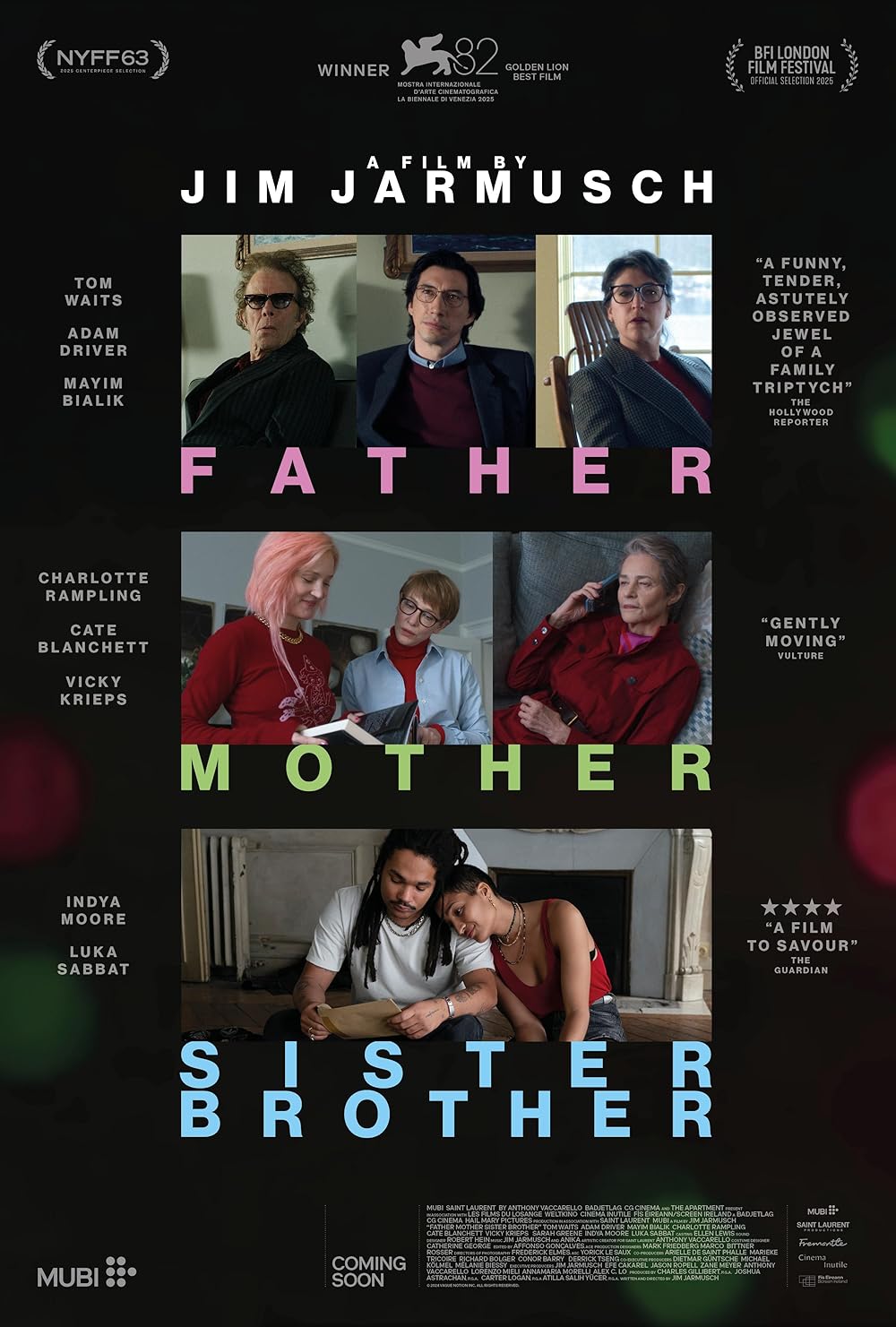
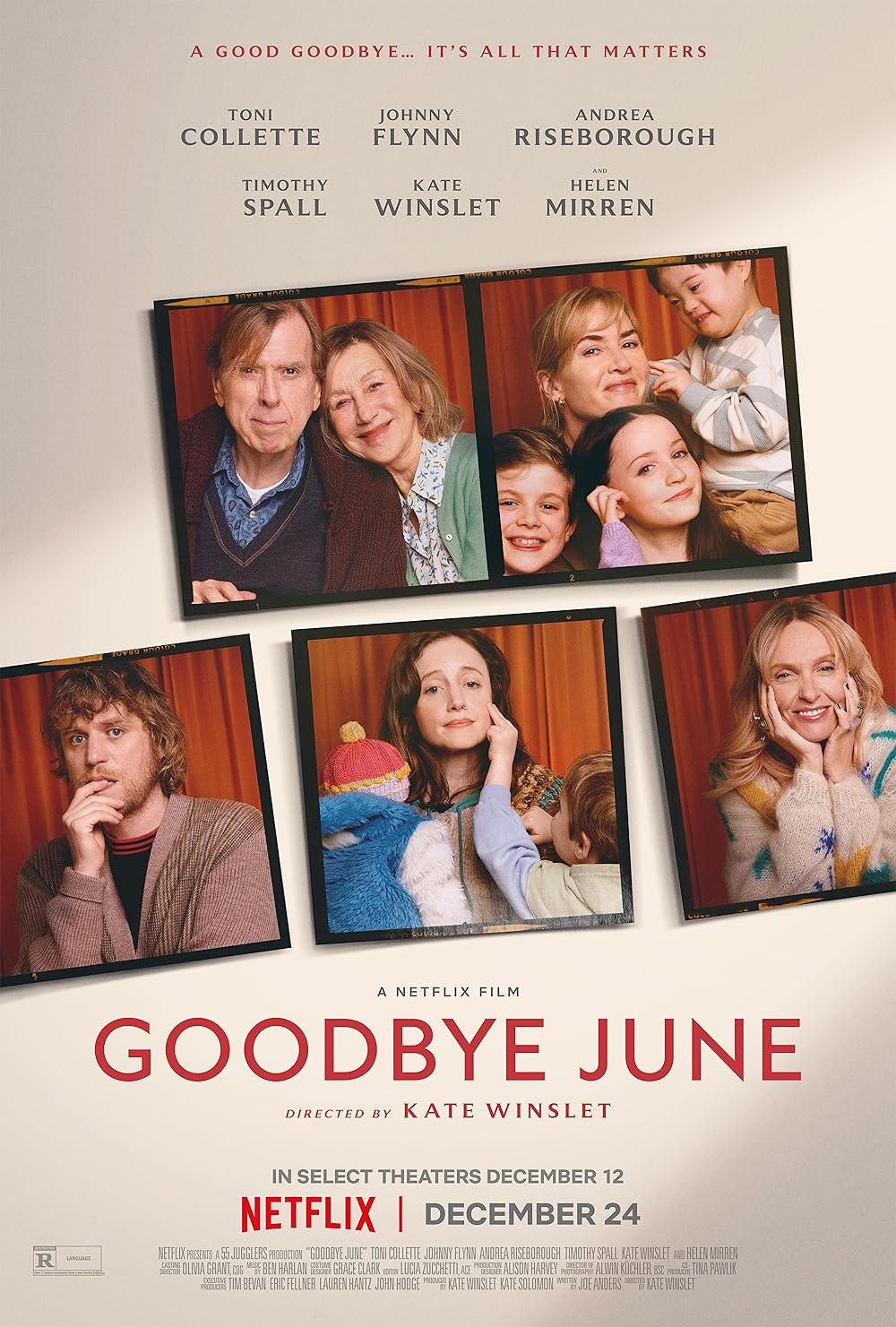


 |
December 19, 2025


 |
December 12, 2025
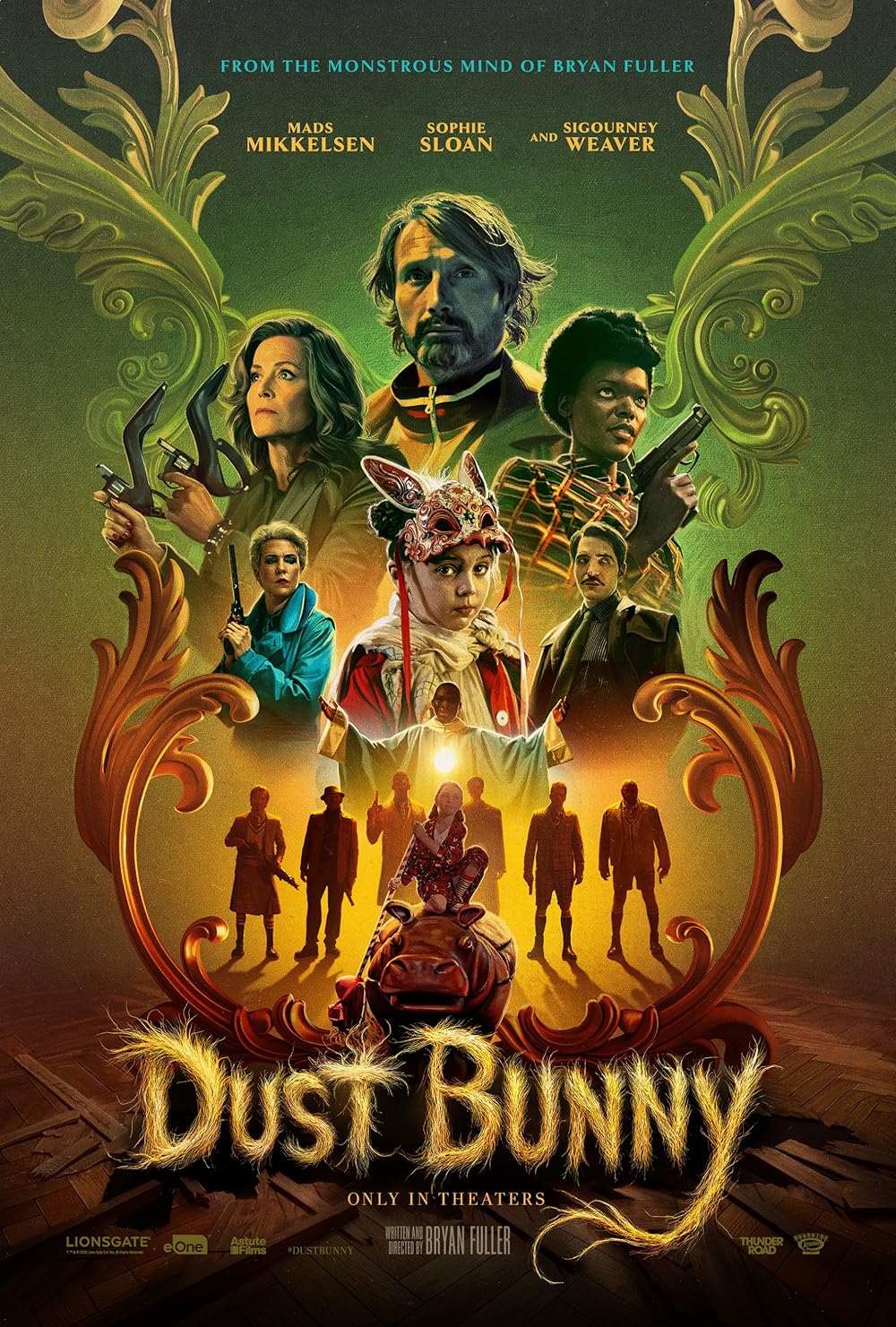
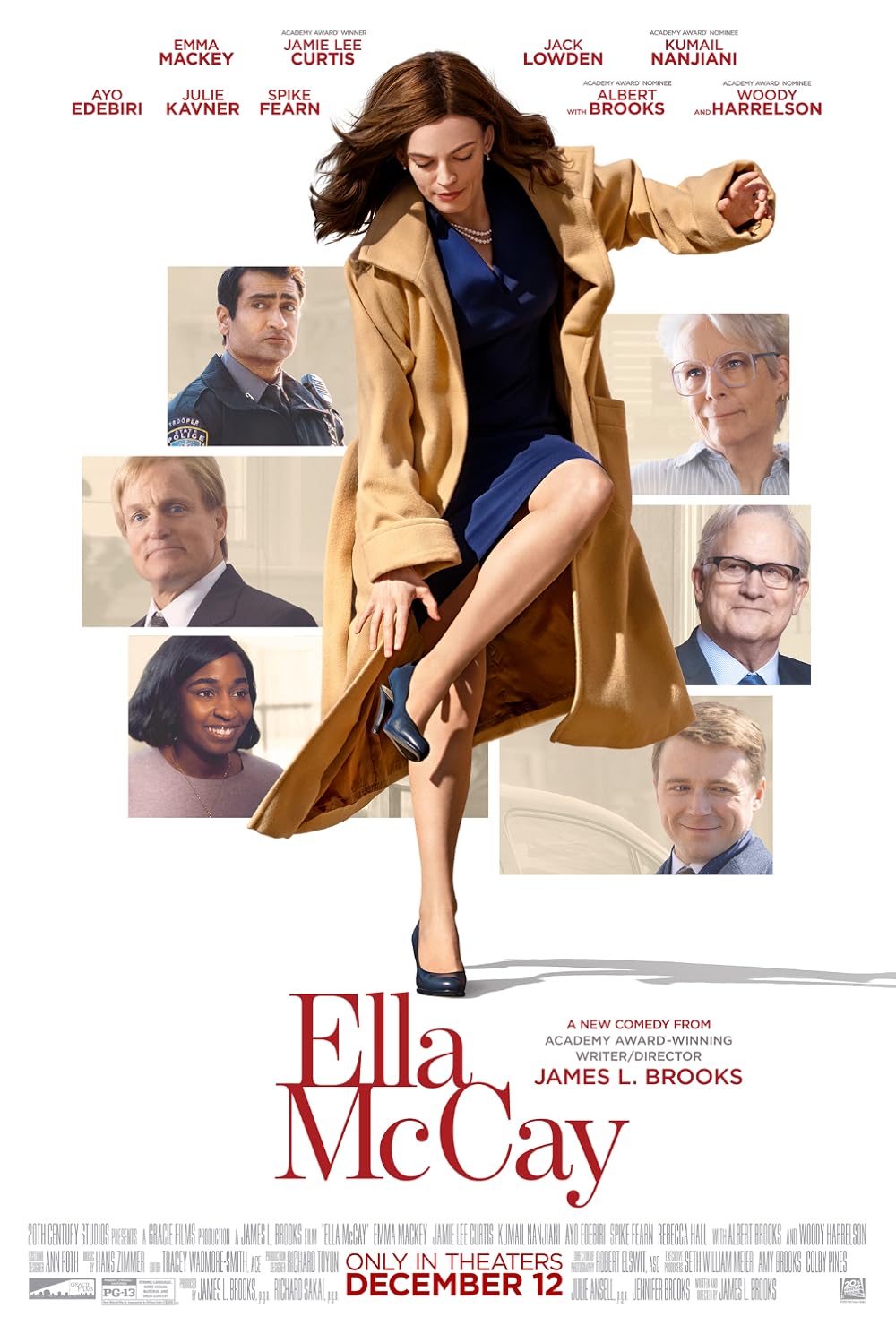
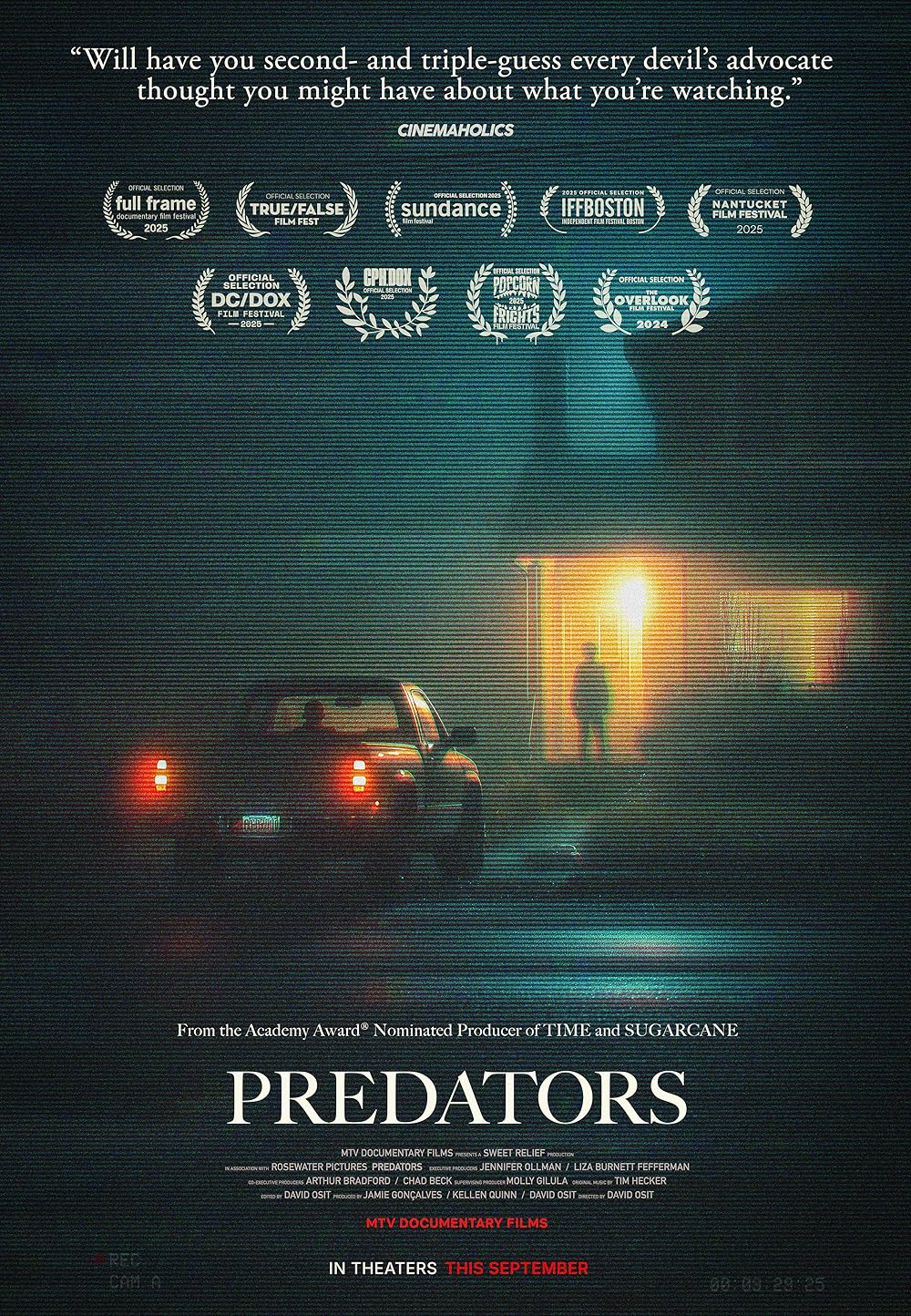
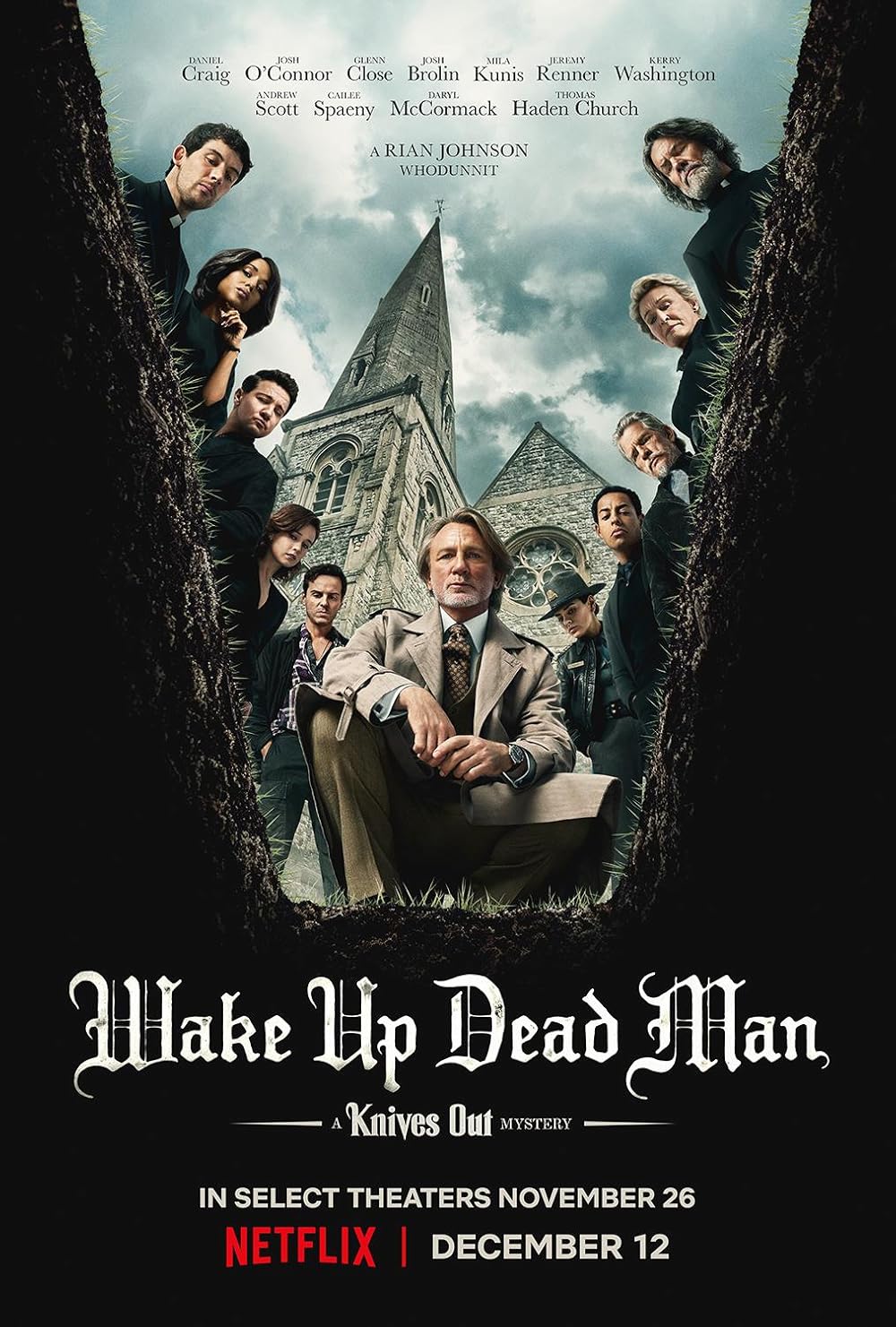 |
December 5, 2025
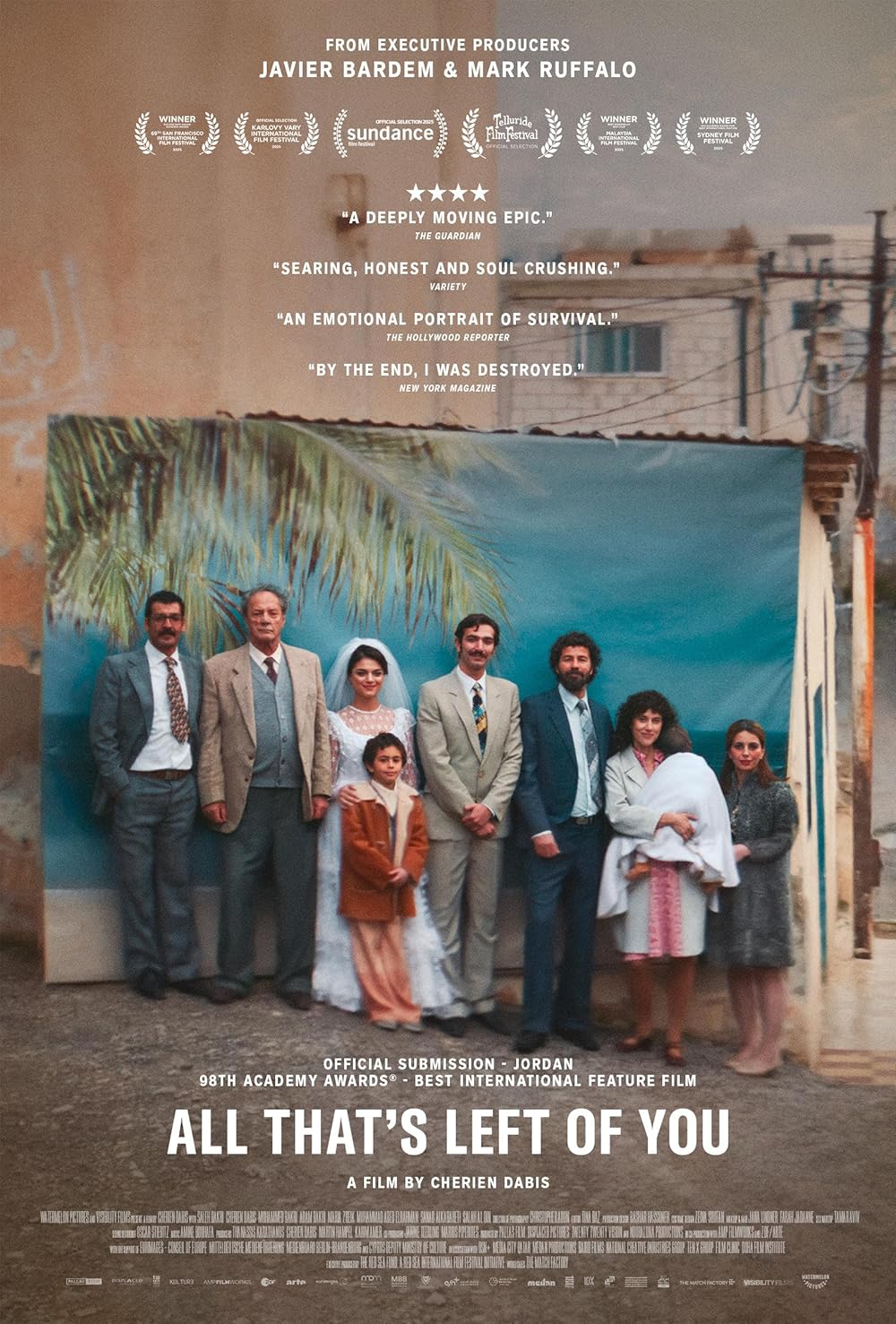


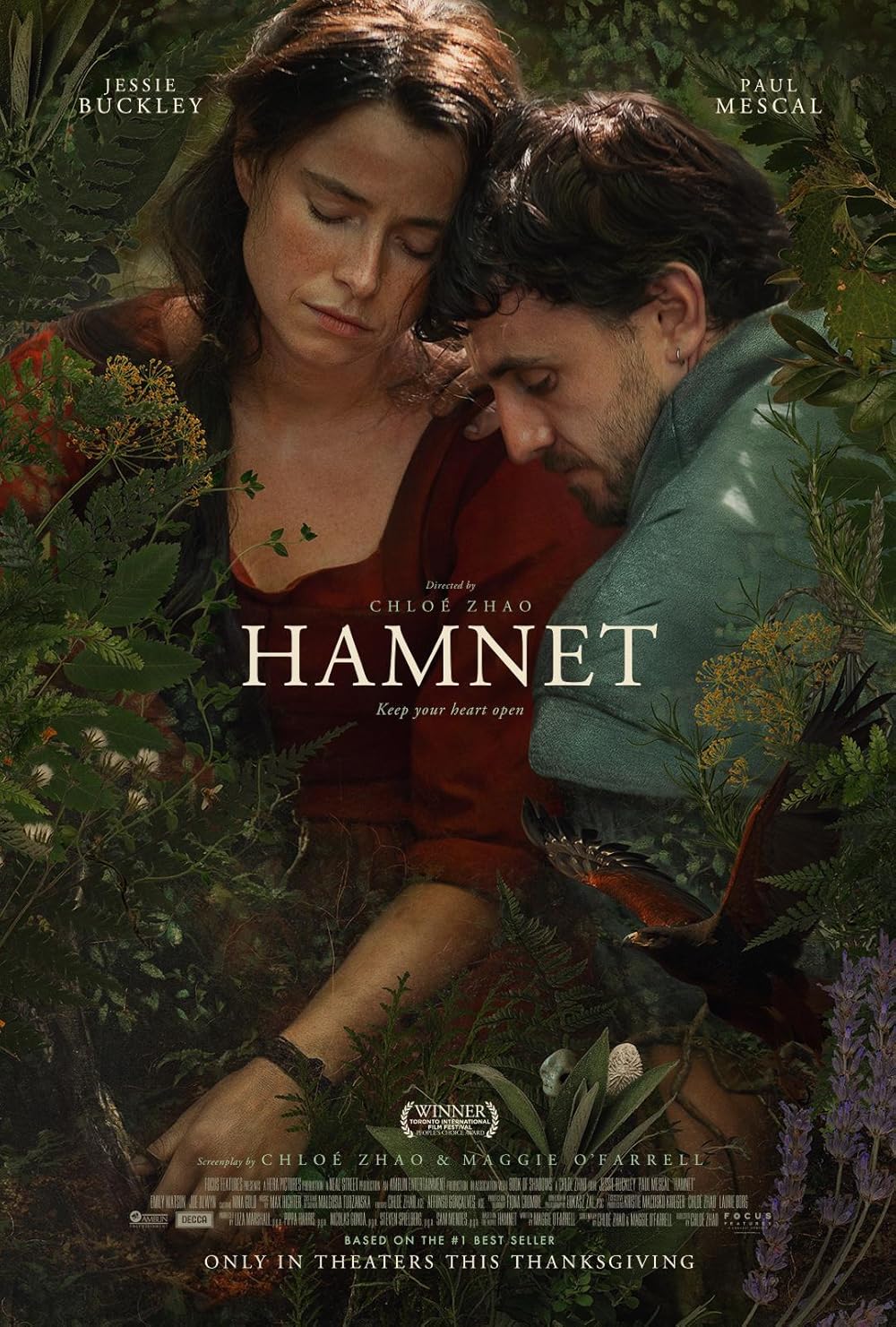
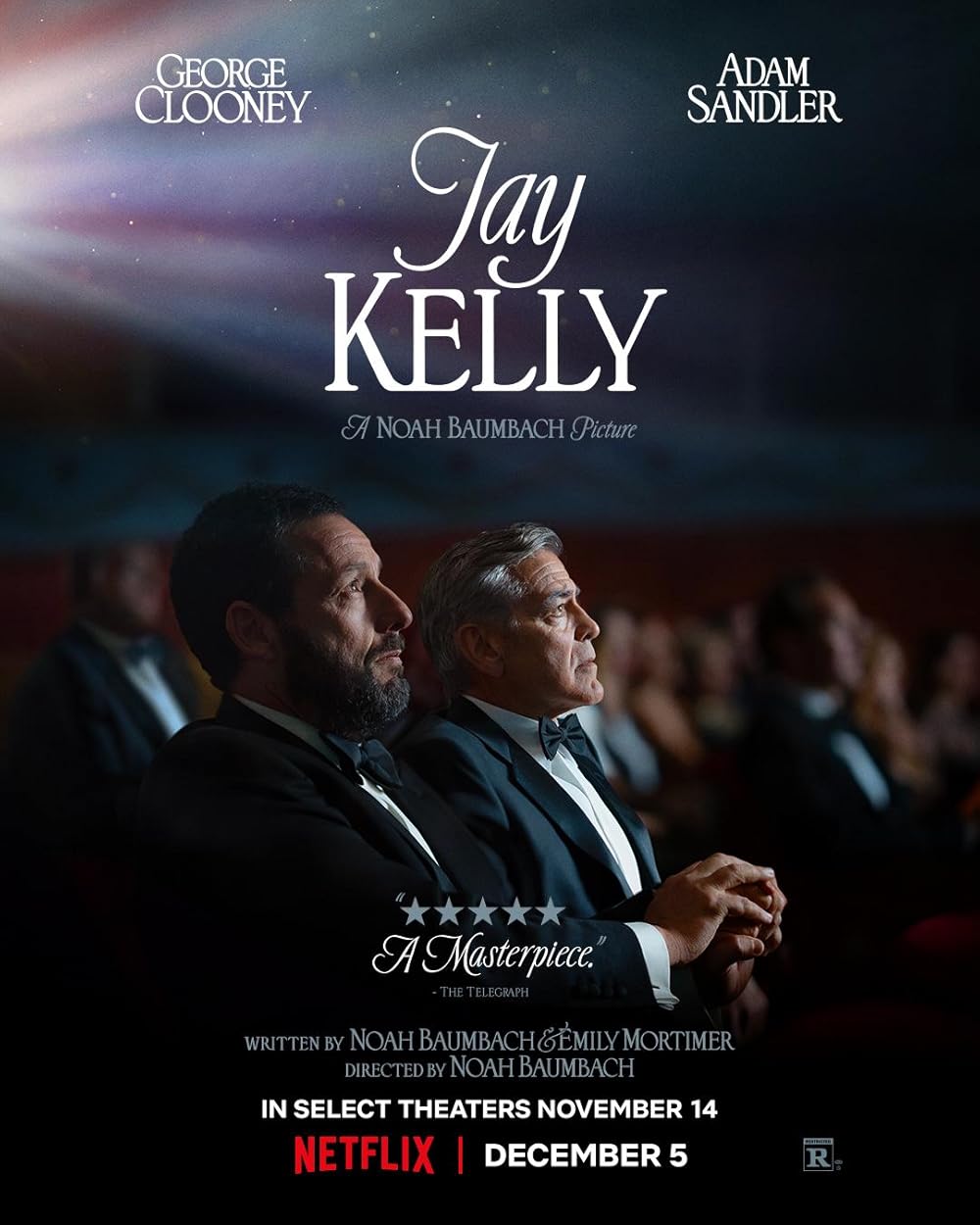

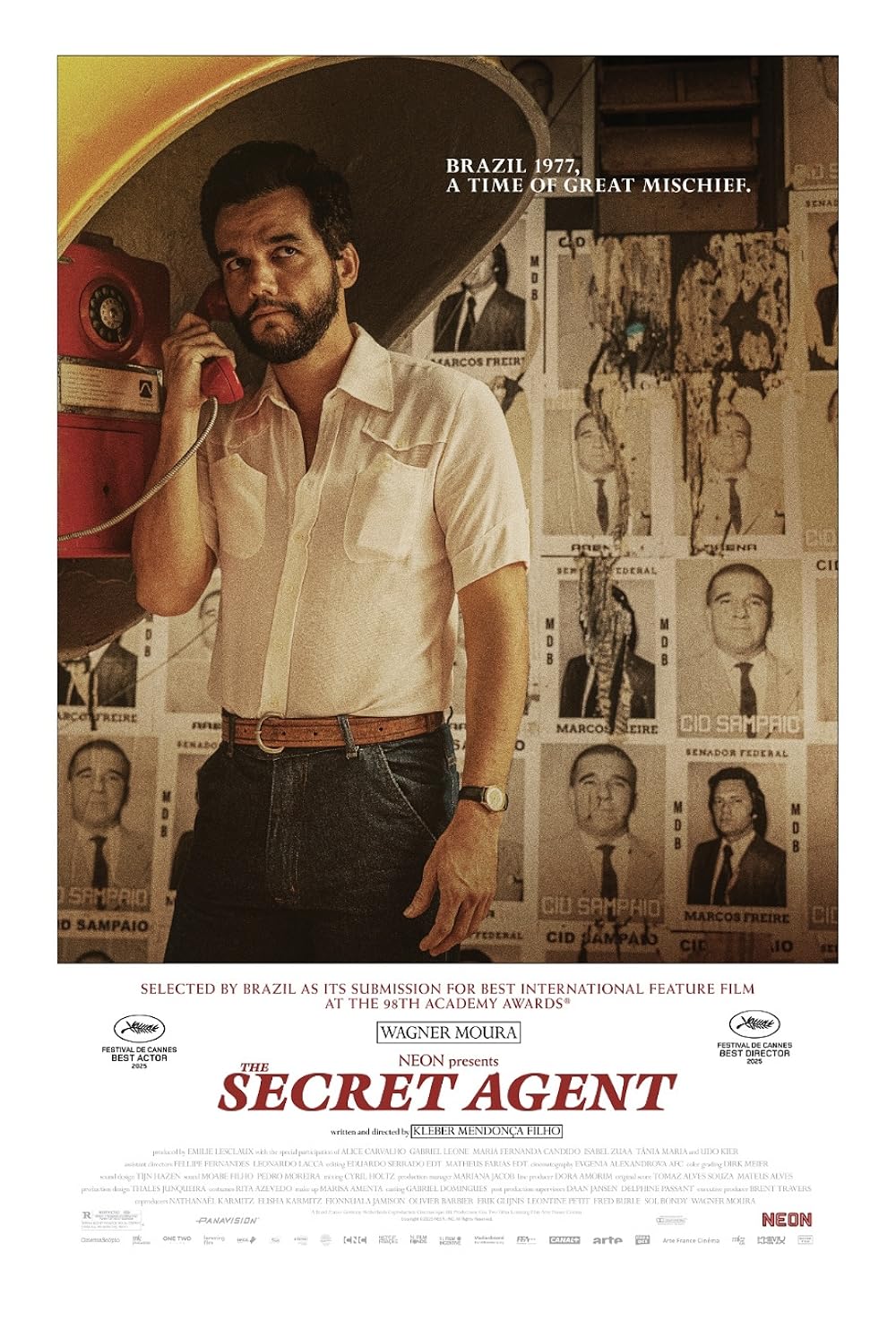 |
|
|
|
The Cove
(2009)
Directed by
Louie Psihoyos
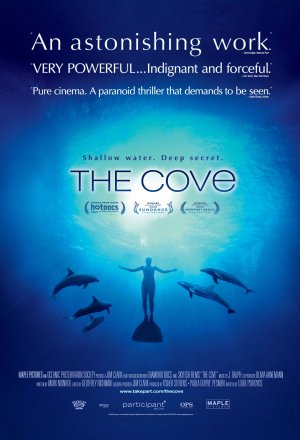
Review by
Zach Saltz
Posted - 9/7/09
According to legendary trainer Ric O’Barry, the
dolphin’s smile is one of nature’s great false illusions, giving a
façade of happiness to a creature that is actually hurting deeply
inside. In the powerful new documentary
The Cove, we are
told that some 23,000 dolphins are slaughtered annually in a small
obscured lagoon near Taiji on the southern coast of Japan .
Because dolphins are benign in nature, they do not retaliate when they
are cajoled into the cove and hunted down in mass quantities by
fisherman. Just like the dolphins placed in captivity at theme
parks around the world, they may accept their fate, but their
world-famous smile is hiding their pain.
This is one of the most heartbreaking and
anger-inducing motion pictures I have seen in recent years. While
it may qualify as an “activist” film, it is decidedly different from
such documentaries as An Inconvenient Truth
and No End In
Sight. Those films dealt with politically divisive issues that
often served as external distractions and barriers preventing audience
members from absorbing the important social messages that were being put
across. There is no controversy in
The Cove. It is
impossible not to be deeply affected by the images of hoards of dolphins
being lured into traps and killed by the spears of apathetic fishermen.
The film profiles O’Barry, who at one time was the
world’s preeminent dolphin specialist. He served as the trainer to
the dolphins used on Flipper, a television series that O’Barry
sadly admits proliferated the perceived “domesticity” of the wild
creature. After having spent ten prosperous years on the show,
O’Barry realized the negative effects of his trade, and has spent the
rest of his life attempting to free dolphins put in captivity.
Often the conditions these dolphins are found in are abysmal. One
example is given where two dolphins were found swimming in unclean tanks
filled with their own excrement.
As
The Cove unfolds, it becomes very clear
that dolphins are creatures not designed for captivity. Because
they navigate and communicate using delicate sonar waves, even the
slightest of noises can significantly impact the livelihood of the
creature. In some water parks, we learn, the noise given off by
the air filtration system in the dolphins’ tanks is enough to kill them.
But often the deaths of dolphins in captivity cannot be linked to
specific reasons. It is the internal stress of performing for
spectators that kills them, O’Barry says. Or if it is not stress,
it is suicide, as dolphins are one of the only creatures capable of
intentionally killing themselves.
But the main focus of
The Cove is exposing
the horrific poaching episodes at Taiji. O’Barry and an unlikely
crew of deep-sea divers, former government ops, and thrill-seekers
attempt to place secret recording devices on the steep hills surrounding
the site. Not surprisingly, the reason such a site still exists is
the result of auspicious Japanese bureaucracies and stupefying
mismanagement by world wildlife organizations, particularly the
International Whaling Commission (so inept they cannot even determine if
dolphins are technically whales or not). The Japanese government
comes off in a particularly negative light in this motion picture, as it
should. Not only are corrupt government officials responsible for
the deplorable extermination of the local dolphin population, they are
also guilty of poisoning their own population with mislabeled dolphin
meat containing dangerously high levels of mercury.
This is one of the most important pictures of the
year. If the images of dolphins being slaughtered does not exactly
sound enticing for weekend entertainment at the multiplex, director
Louie Psihoyos has also added an extra level of duplicitous espionage,
with the Ocean’s 11-like subplot involving the illegal hidden
placement of the cameras. But make no mistake about it – the
horrific images of this film serve as a call to action that is gravely
needed. One of the figures interviewed for the film quotes
Margaret Mead: “Never doubt that a small, group of thoughtful, committed
citizens can change the world. Indeed, it is the only thing that ever
has.”
Note: Apparently, the widespread release of this
film is bolstering positive results in shutting down the dolphin
killings in Taiji. Ric O’Barry explains further in his blog:
http://www.takepart.com/blog/2009/09/01/urgent-update-from-taiji-september-1-2009-a-good-day-for-dolphins/
Rating:

|
|
New
Reviews |
Reactions to the Nominations

Written Article - Todd |
2026 Oscar Predictions: Final

Written Article - Todd |
Todd Most Anticipated #5

Podcast Featured Review |

Podcast Review - Todd |

Podcast Review - Terry |

Podcast Review - Zach |
10th Anniversary
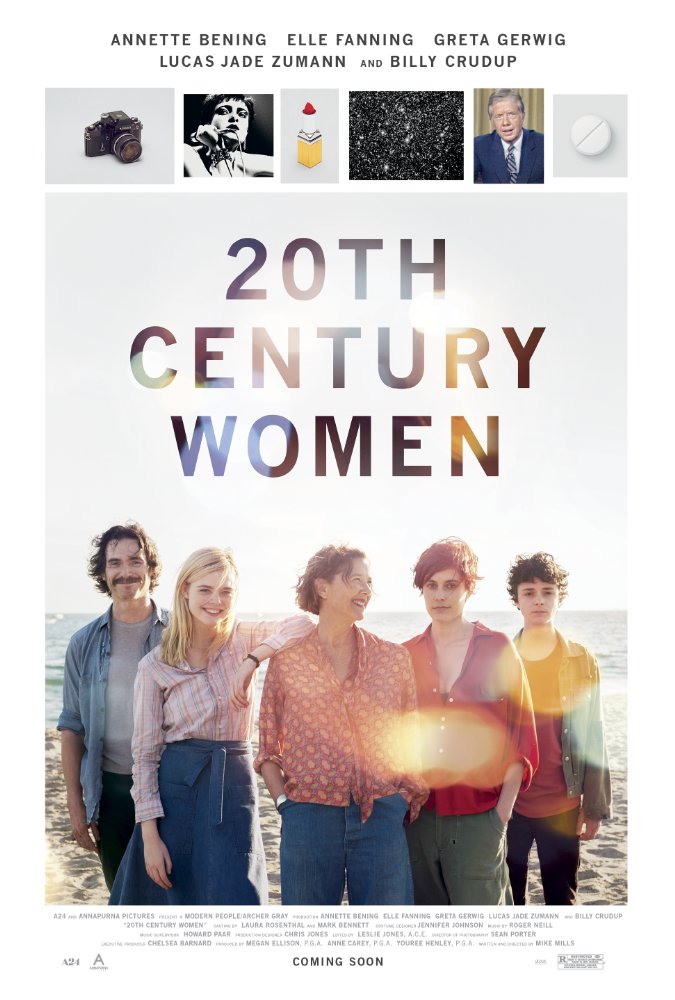
Podcast Oscar Review - Terry |
Director Blindspot Watch
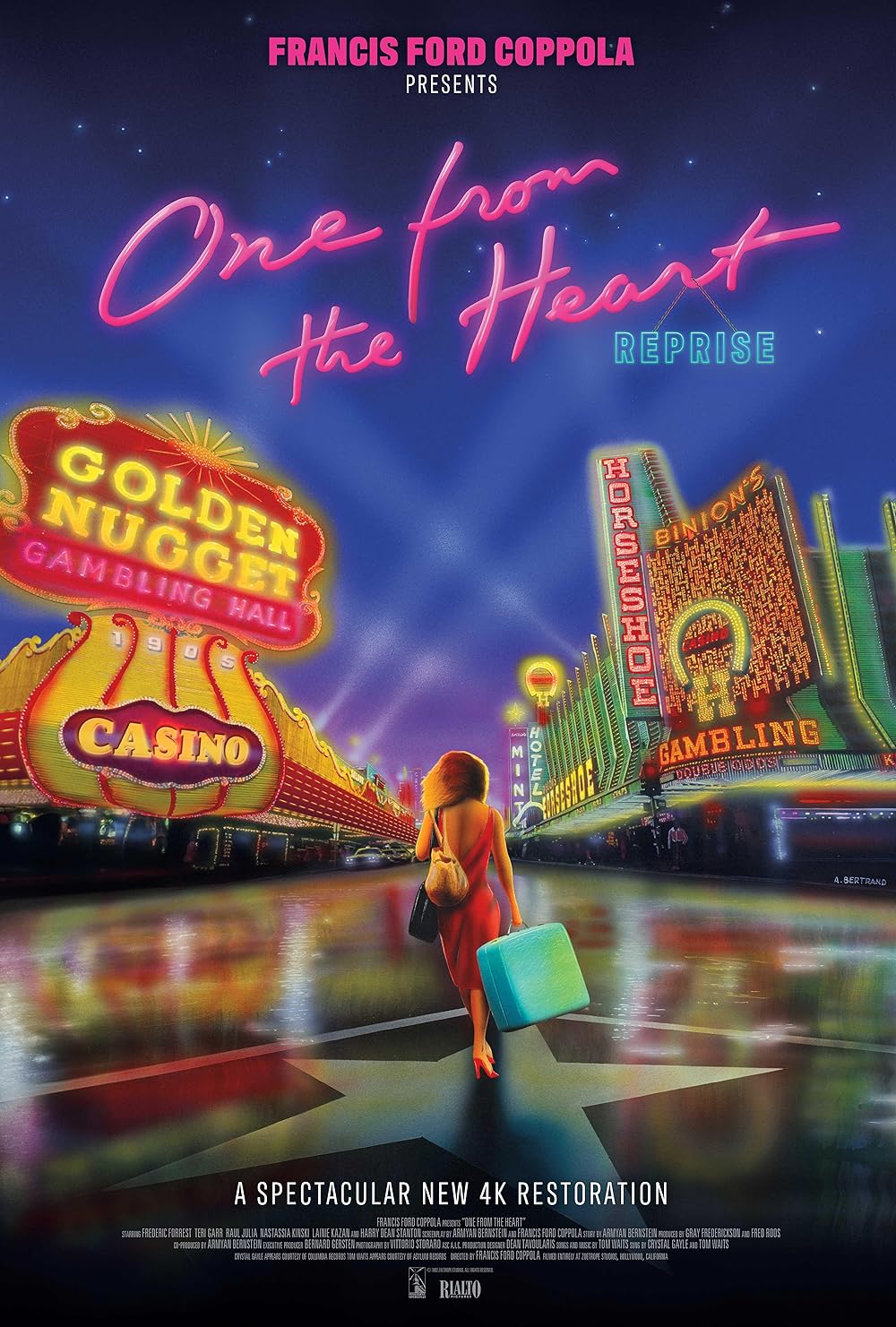
Podcast Review - Todd |

Podcast Review - Zach |
Ford Explorer Watch
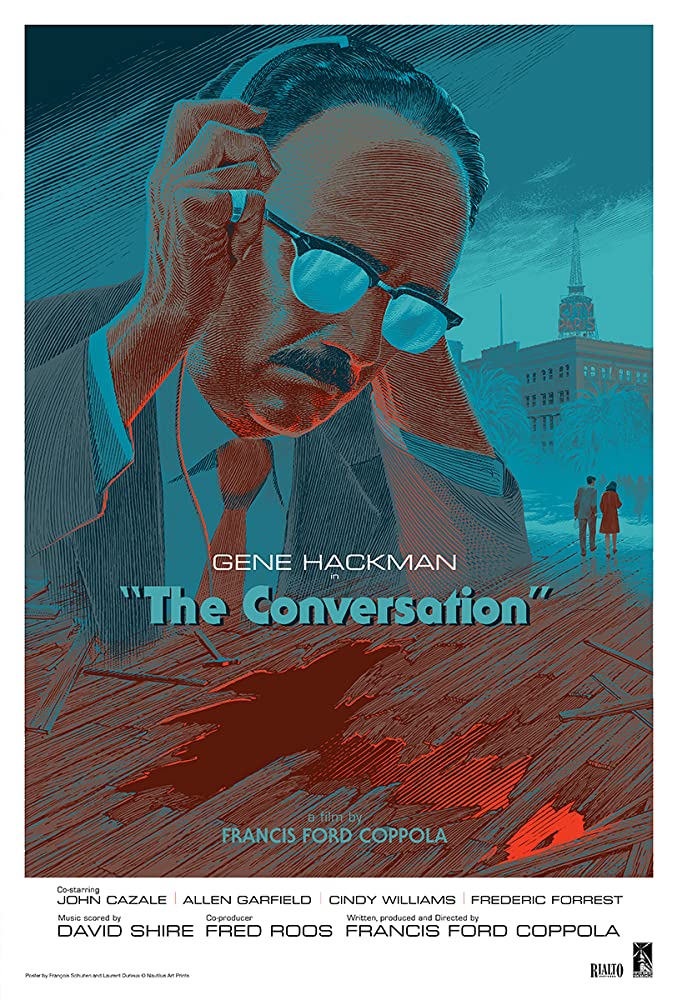
Podcast Review - Adam |
2027 Oscar Predictions: Jan.

Written Article - Todd |
Terry Most Anticipated #2

Podcast Featured Review |

Podcast Review - Terry |

Podcast Review - Zach |
20th Anniversary
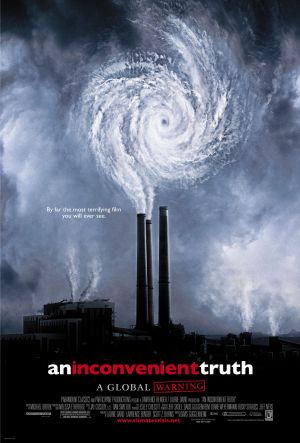
Podcast Oscar Review - Terry |
Ford Explorer Watch
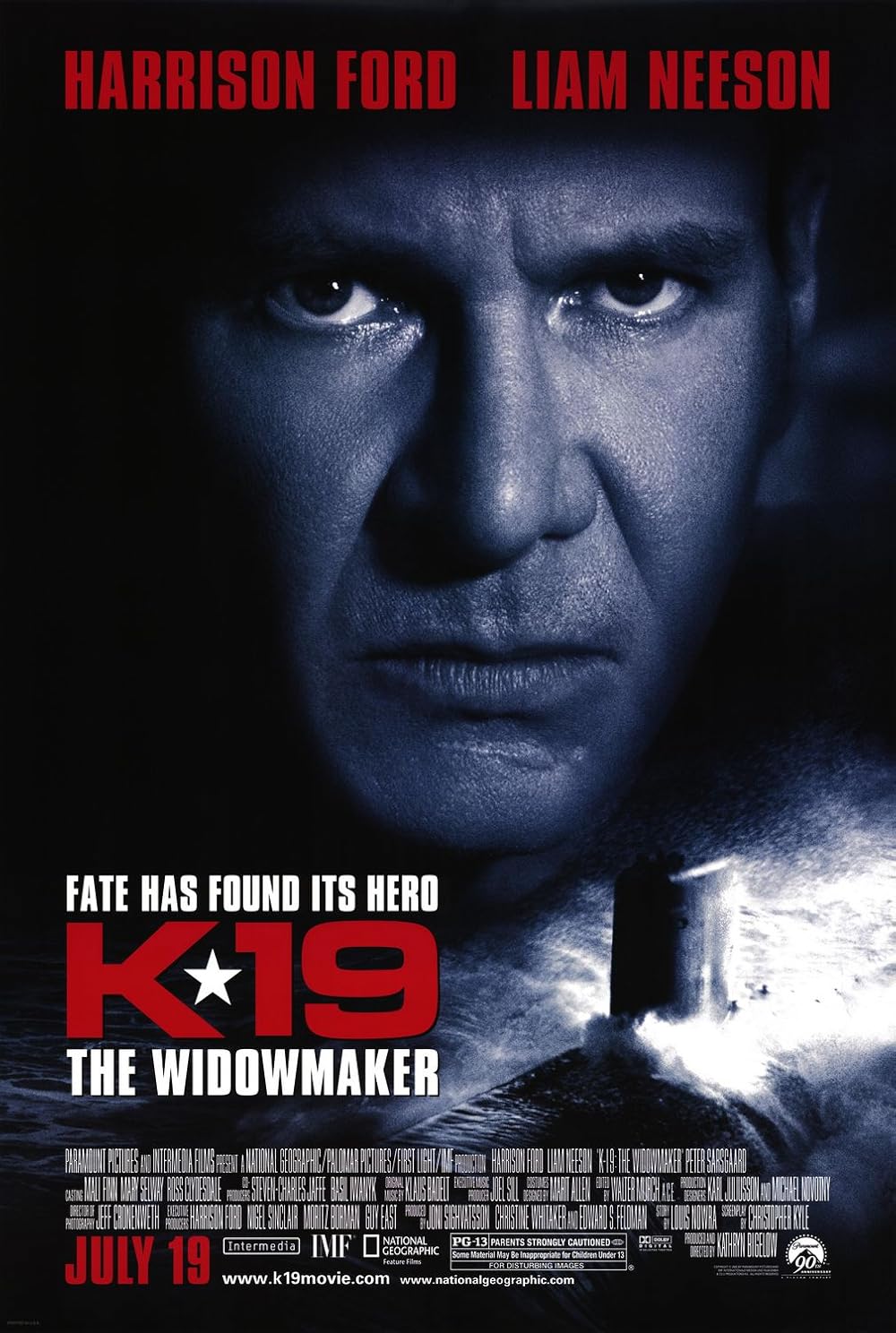
Podcast Review - Adam |

Podcast Trivia Review - Adam |
Director Blindspot Watch
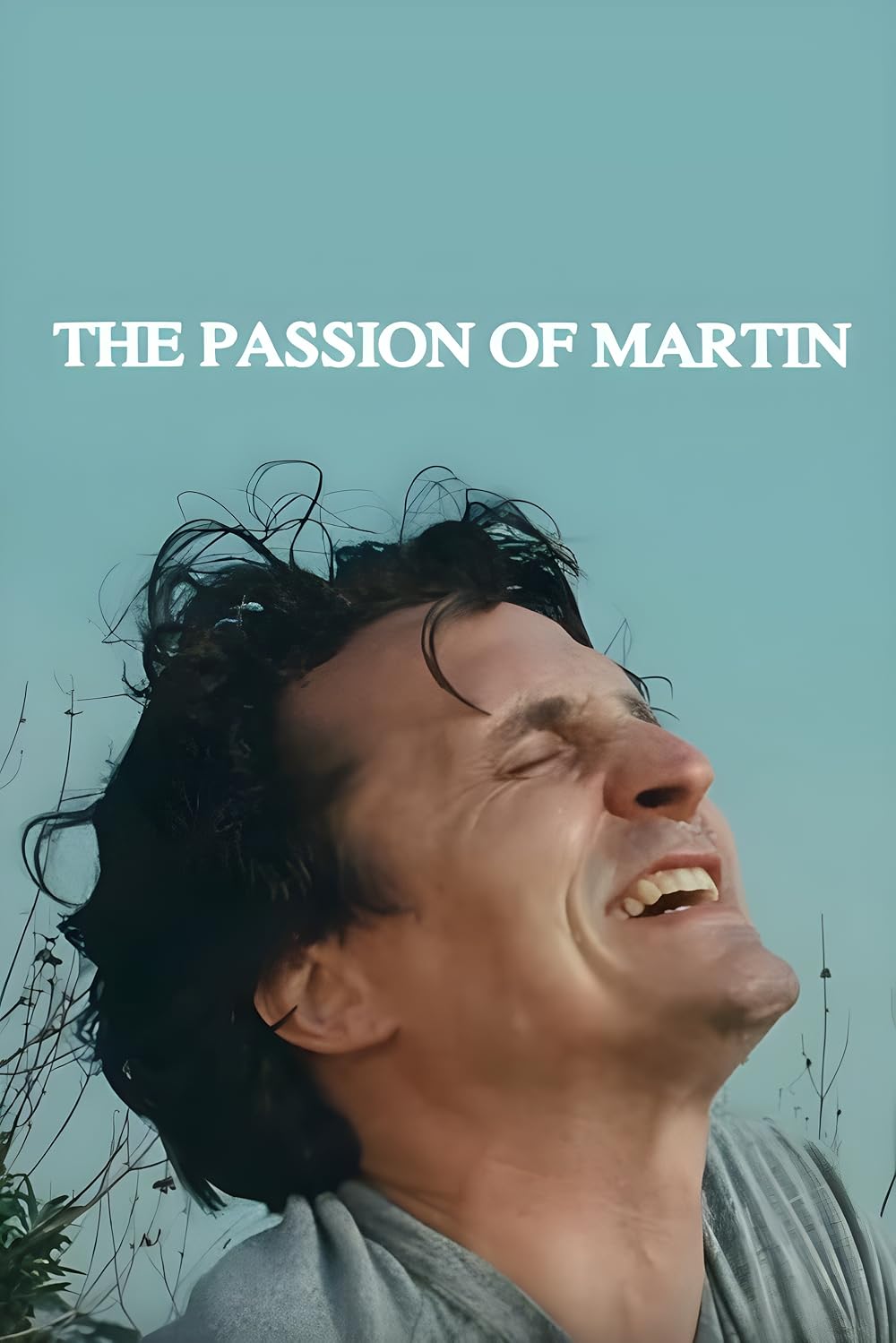
Podcast Review - Todd |
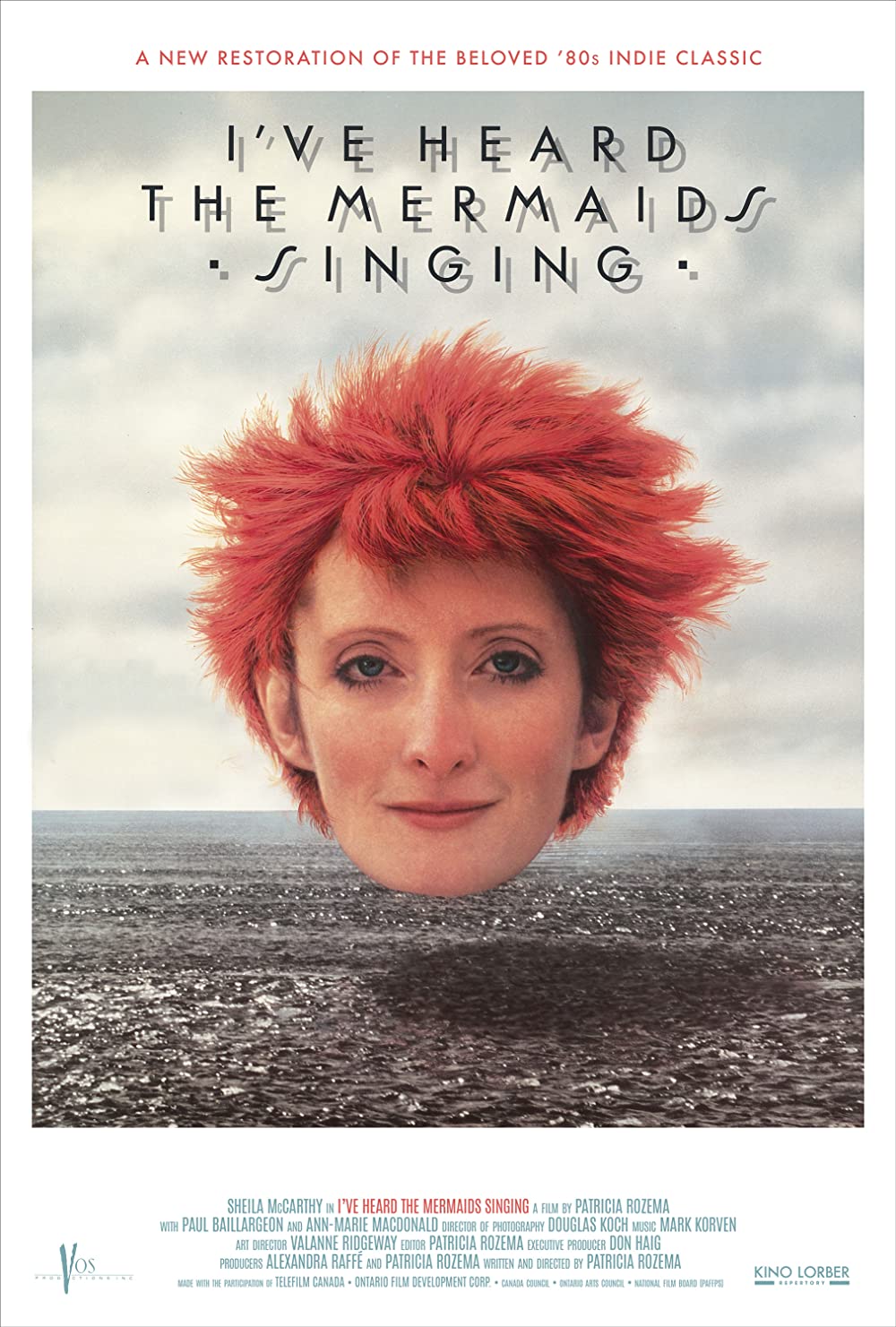
Podcast Trivia Review - Todd |
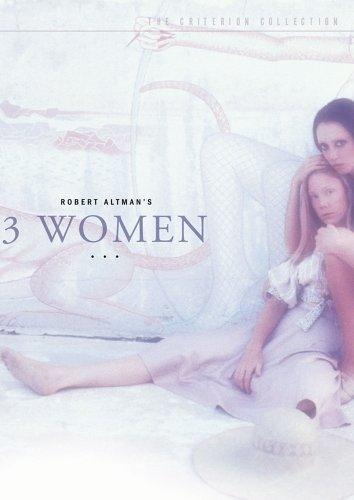
Podcast Trivia Review - Terry |
25th Anniversary

PODCAST DEEP DIVE |

Podcast Featured Review |

Podcast Review - Adam |

Podcast Review - Terry |

Podcast Review - Terry |
Indie Screener Watch
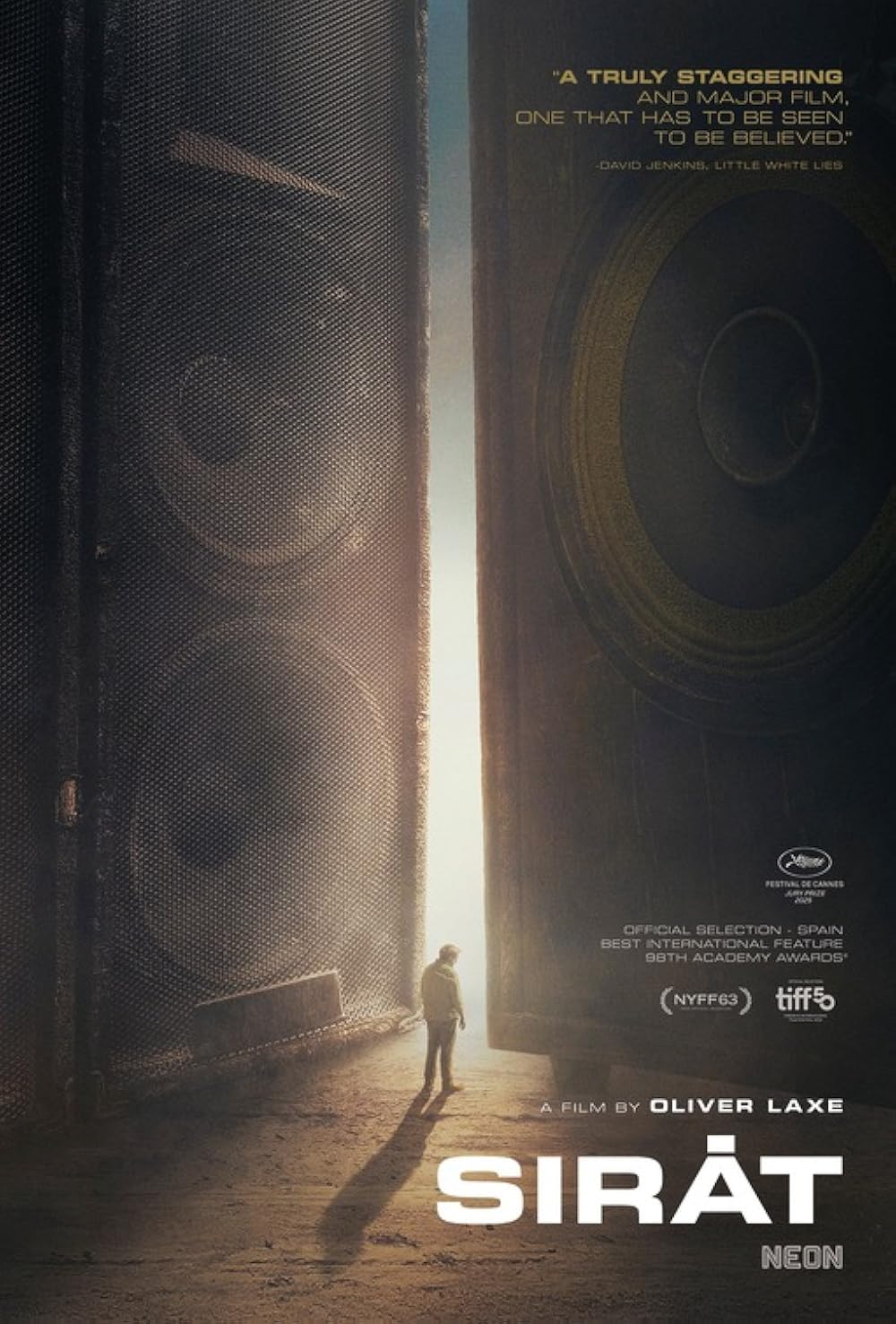
Podcast Review - Todd |
|
|
|